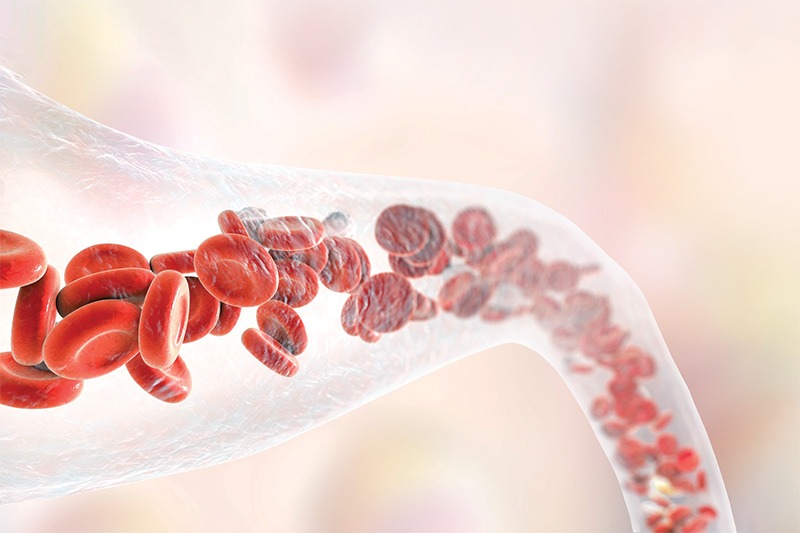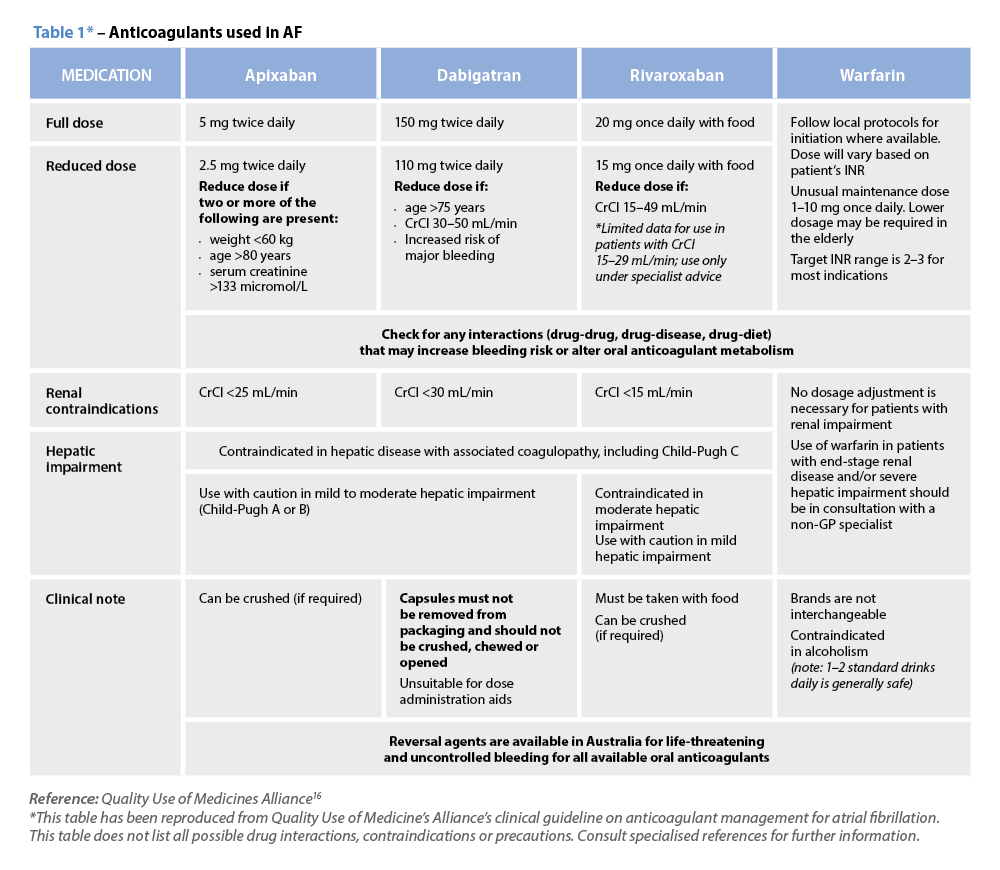This evidence summary presents the best available evidence regarding the efficacy and safety of a combination of antidepressants and benzodiazepines for adults with major depression compared to antidepressants only.
For the full review, refer to Antidepressants plus benzodiazepines for adults with major depression.1
Background
The latest national survey of mental health and well-being of adults aged 16 to 85 estimated a prevalence of 45% of the general population to experience a mental health disorder at some stage of their life. Anxiety disorders were reported to be the highest (14.4%) followed by affective disorders such as depression (6.2%) and substance use disorders such as alcohol dependence (5.1%).2
Benzodiazepines have been used for anxiety for decades; however, some guidelines recommend to limit their use based on their adverse events and their toxicity profile.3,4,5 Despite these recommendations, combination prescriptions appear to be a more common treatment for psychiatric patients than monotherapy in many parts of the world.6
Therefore, this evidence review will summarise the efficacy and safety of a combination of antidepressants and benzodiazepines compared to monotherapy of antidepressants for adults with major depression.
Characteristics of the study
Randomised controlled trials including adults with a diagnosis of major depression according to a validated diagnostic criteria where participants had anxiety as an added comorbidity were included. Studies were included if participants were on a combination of benzodiazepines and antidepressants.
Quality of the studies
A total of 10 studies are included in the review. Studies included in the report had mostly high risk of bias and unclear risk of bias. The main sources of bias were selection, performance and attrition bias.
Results
- A total of 10 studies involving 731 participants were included in the review. Six studies included tricyclic antidepressants (TCAs), two studies included selective serotonin reuptake inhibitors (SSRIs), and two studies included other heterocyclic antidepressants.
- The primary outcome measures were depressive severity and acceptability of treatment. Secondary outcomes measures include remission, anxiety severity, depression severity and adverse events.
- Combined therapy of benzodiazepines plus antidepressants was more effective than antidepressants alone for depressive severity in the initial phase of the disease (four weeks) (SMD -0.25, 95% CI -0.46 to -0.03).
- There was no difference between treatments (combined therapy versus monotherapy) in the acute phase (5 to 12 weeks) (SMD -0.18, 95% CI -0.40 to 0.03) for depressive severity.
- There was no difference between treatments (combined therapy versus monotherapy) in the continuous phase (more than 12 weeks) (SMD -0.21, 95% CI -0.76 to 0.35) for depressive severity.
- For response in depression, combined therapy was more effective than antidepressants alone in the initial phase (RR 1.34, 95% CI 1.13 to 1.58).
- There was no evidence of a difference between combined therapy with benzodiazepines and monotherapy with antidepressants in the acute phase (RR 1.12, 95% CI 0.93 to 1.35) or in the continuous phase (RR 0.97, 95% CI 0.73 to 1.29).
- For anxiety severity, there was no difference between combined therapy and antidepressants alone for anxiety severity in the early phase (SMD -0.76, 95% CI -1.67 to 0.14) or in the acute phase (SMD -0.48, 95% CI -1.06 to 0.10).
- Severity of insomnia was not measured in any of the included studies.
- The dropout rates due to adverse events were lower for combined therapy than for antidepressants alone (RR 0.54, 95% CI 0.32 to 0.90).
Conclusion
This review concluded that combined antidepressant plus benzodiazepine therapy was more effective than antidepressants alone in improving depression severity, response in depression and remission in depression in the early phase but not in the acute or continuous phase.
Implications for research and practice
Combining benzodiazepines with antidepressants should only be trialled if monotherapy with antidepressants was found to be inadequate. More randomised controlled trials comparing combination therapy with benzodiazepines and monotherapy with antidepressants for a longer follow-up for major depression are needed.
References
- Ogawa Y, Takeshima N, Hayasaka Y, Tajika A, Watanabe N, Streiner D, Furukawa TA. Antidepressants plus benzo-diazepines for adults with major depression. Cochrane Database of Systematic Reviews 2019, Issue 6. Art. No.: CD001026. DOI:10.1002/14651858. CD001026.pub2. At: https://www.ncbi.nlm.nih.gov/pubmed/11034696
- Australian Institute of Health and Welfare (AIHW) 2016. Australian Burden of Disease Study: Impact and causes of illness and death in Australia 2011. Australian Burden of Disease Study series no. 3. BOD 4. Canberra: AIHW. At: https://www.aihw.gov.au/reports/burden-of-disease/abds-impact-and-causes-of-illness-death-2011/contents/highlights
- American Psychiatric Association. American Psychiatric Association Practice Guideline for the Treatment of Major Depressive Disorder. Washington (DC): American Psychiatric Publishing, 2010. At: https://www.ncbi.nlm.nih.gov/pubmed/10767867
- Cleare A, Pariante CM, Young AH, Anderson IM, Christmas D, Cowen PJ, et al. Evidence-based guidelines for treating depressive disorders with antidepressants: a revision of the 2000 British Association for Psychopharmacology guidelines. Journal of Psychopharmacology 2015;29:459–525. At: https://www.ncbi.nlm.nih.gov/pubmed/25969470
- National Institute for Health and Care Excellence. Depression in adults with a chronic physical health problem: treatment and management, 2009. nice.org.uk/guidance/CG90.
- Sanyal C, Asbridge M, Kisely S, Sketris I, Andreou P. The utilization of antidepressants and benzodiazepines among people with major depression in Canada. Canadian Journal of Psychiatry 2011;56(11):667–76. At: https://www.researchgate.net/publication/51828302_The_Utilization_of_Antidepressants_and_Benzodiazepines_Among_People_With_Major_Depression_in_Canada




 ‘We’re increasingly seeing incidents where alert fatigue has been identified as a contributing factor. It’s not that there wasn’t an alert in place, but that it was lost among the other alerts the clinician saw,’ Prof Baysari says.
‘We’re increasingly seeing incidents where alert fatigue has been identified as a contributing factor. It’s not that there wasn’t an alert in place, but that it was lost among the other alerts the clinician saw,’ Prof Baysari says.


 Beyond the arrhythmia, AF often signals broader pathological processes that impair cardiac function and reduce quality of life and life expectancy.5 Many of these conditions are closely linked to social determinants of health, disproportionately affecting populations with socioeconomic disadvantage. Effective AF management requires addressing both the arrhythmia and its underlying contributors.4
Beyond the arrhythmia, AF often signals broader pathological processes that impair cardiac function and reduce quality of life and life expectancy.5 Many of these conditions are closely linked to social determinants of health, disproportionately affecting populations with socioeconomic disadvantage. Effective AF management requires addressing both the arrhythmia and its underlying contributors.4  C – Comorbidity and risk factor management
C – Comorbidity and risk factor management Warfarin
Warfarin







